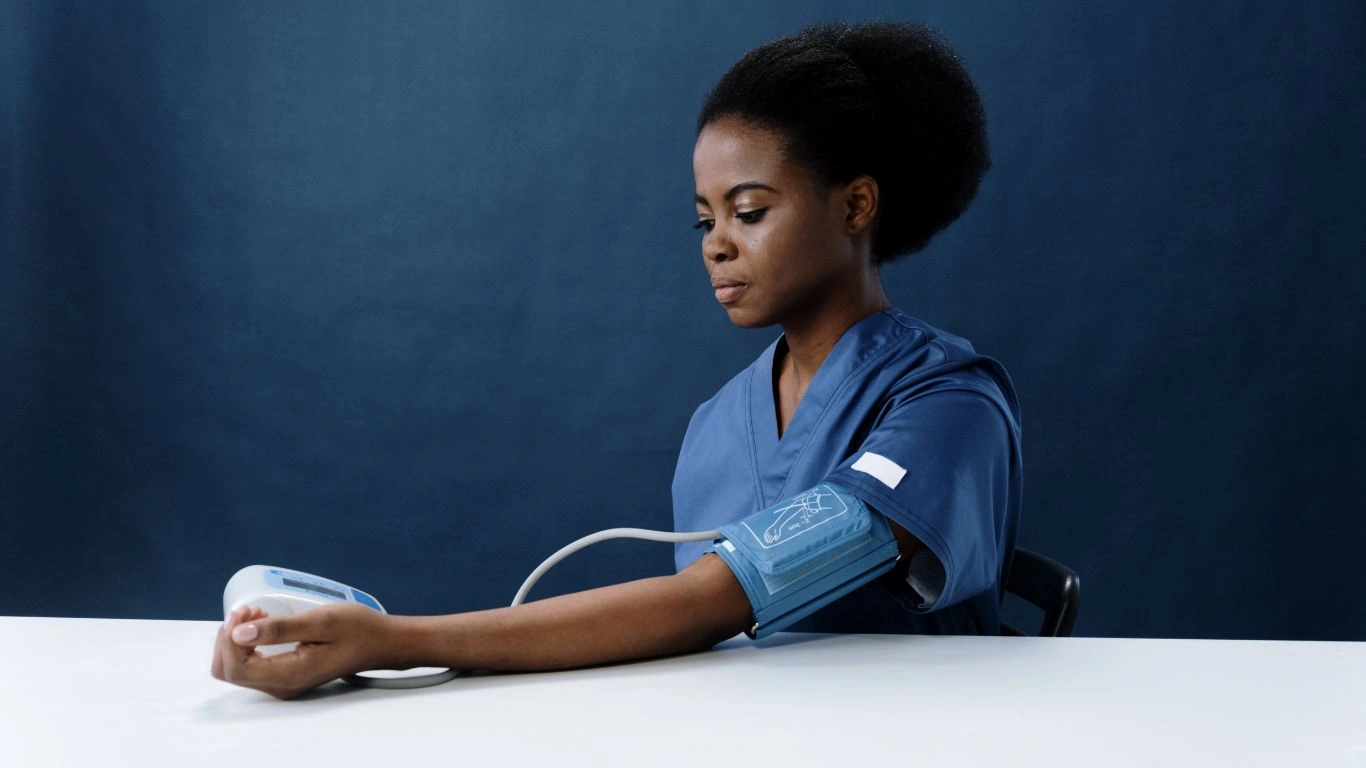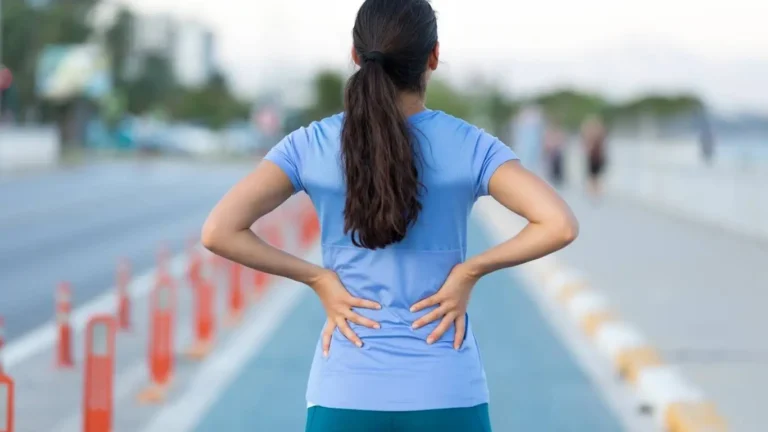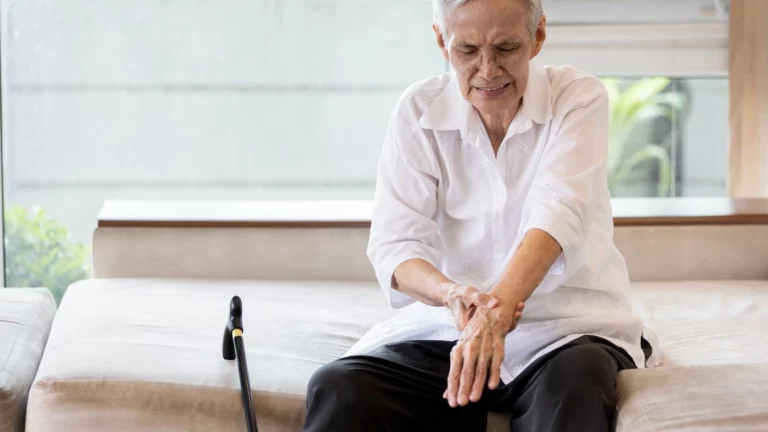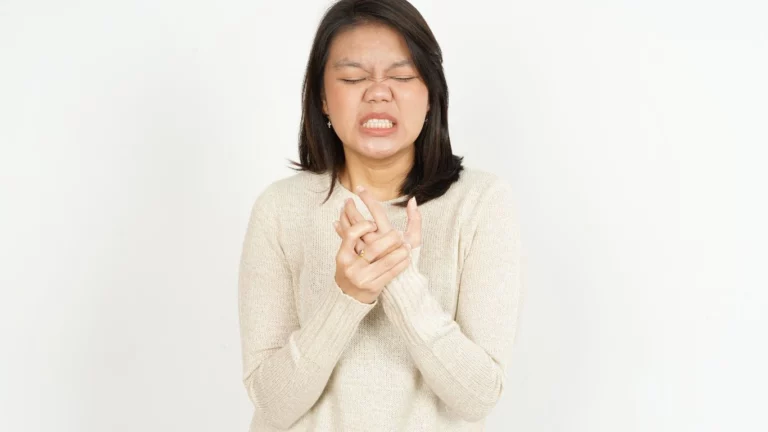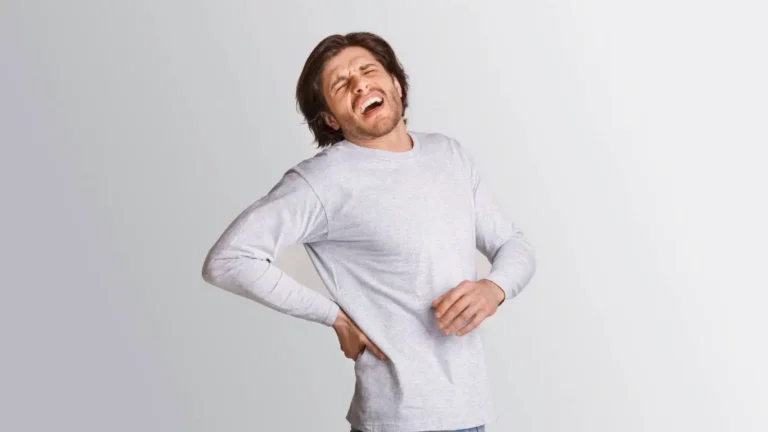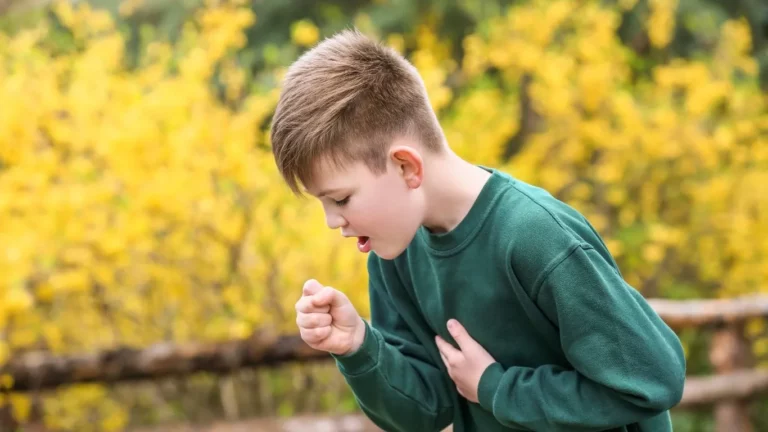How to Stay Hydrated with Hypertension: Simple Tips for Healthy Blood Pressure
As an Internal Medicine Physician specializing in Hypertension Management, one of the most frequently asked questions I get is about how to stay hydrated with hypertension. It’s a valid concern—hydration plays a crucial role in our overall health, but for individuals with high blood pressure, it can sometimes feel like a tricky balancing act. The good news? Staying hydrated can actually be a helpful part of managing hypertension when done correctly. In this post, we’ll dive deep into the importance of hydration for those with high blood pressure, share some practical tips, and debunk common myths along the way. Let’s explore how you can hydrate in a way that supports your heart health and helps keep your blood pressure in check!
Why Hydration Matters for Hypertension
Let’s kick things off by discussing why hydration is so important for people with hypertension. When you think about your blood pressure, what likely comes to mind is the force that your blood exerts on the walls of your arteries. Now, imagine that force increasing or decreasing due to dehydration or overhydration—it’s not a pretty picture! Staying hydrated helps maintain a stable blood volume and aids in the proper function of your heart and kidneys, both of which are key players in regulating blood pressure.
In a lot of ways, dehydration can contribute to an increase in blood pressure. When your body lacks sufficient fluid, your blood volume drops, causing your heart to pump more blood to compensate. This increase in workload can elevate your blood pressure. On the flip side, overhydration (or drinking excessive amounts of water) can lead to a drop in sodium levels, causing the blood to dilute and causing symptoms like dizziness, fatigue, and sometimes even dangerously low blood pressure. It’s all about finding that sweet spot!
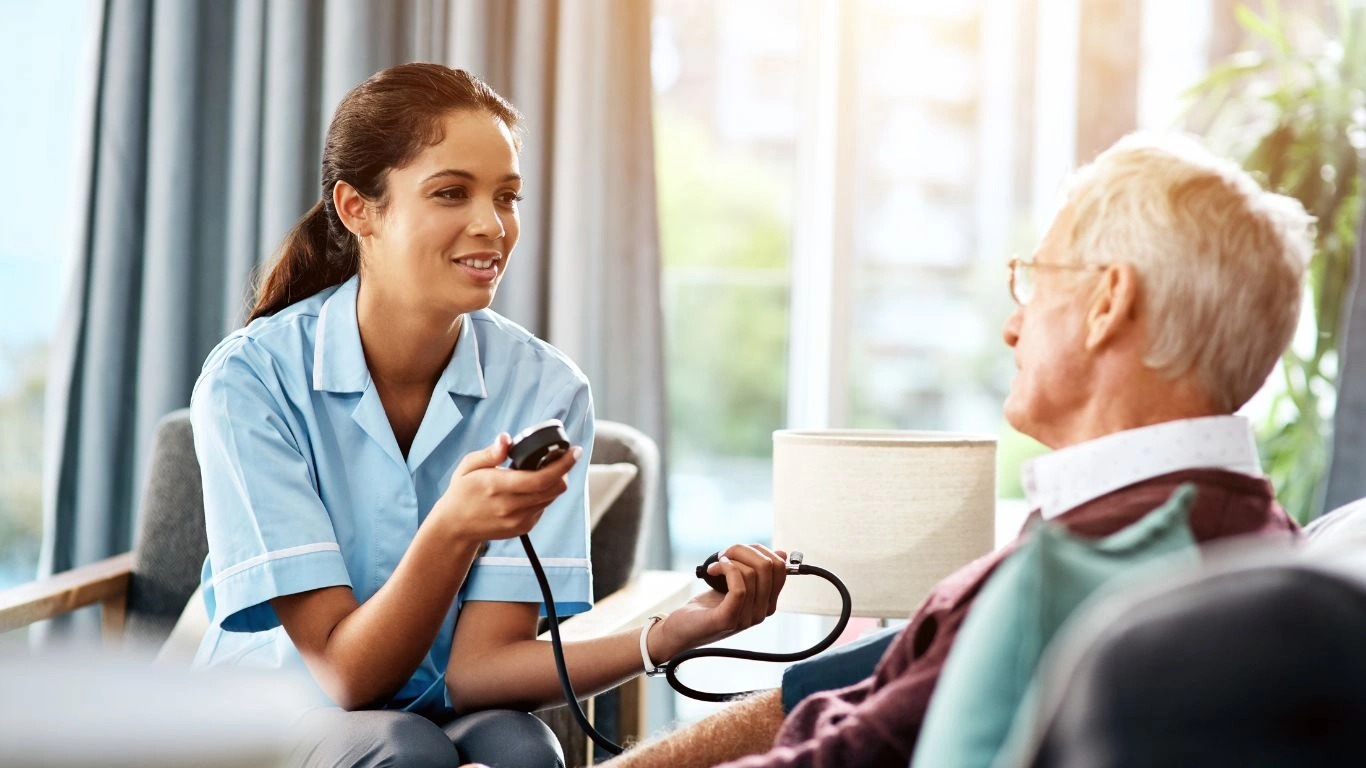
How Much Water Should You Drink?
Ah, the million-dollar question! The exact amount of water you should be drinking depends on several factors, including your age, weight, climate, and activity level. But for the average person, the general rule is about 8 glasses (or 2 liters) of water a day. However, when you have hypertension, this might need a little tweaking. It’s important to focus on steady, consistent hydration rather than gulping down huge amounts at once.
Here’s why: When you drink too much water at once, it can cause your kidneys to work overtime, and if your kidneys aren’t functioning at their best (which is common in hypertension), this can strain the system. I always advise my patients to spread out their fluid intake throughout the day—sip regularly rather than chugging in one go.
What to Drink: Water vs. Other Beverages
Water is undoubtedly the best choice when it comes to staying hydrated, but it’s not the only option. Some of you might be wondering about other drinks like coffee, tea, or even fruit juices. While these beverages can contribute to hydration, there are a few things to keep in mind if you have high blood pressure.
- Caffeine and Hypertension: Caffeine, found in coffee, tea, and many energy drinks, can cause a temporary spike in blood pressure. This doesn’t mean you have to completely cut it out, but moderation is key. If you love your morning cup of coffee, try to limit it to just one or two cups a day.
- Fruit Juices: While fruit juices can provide hydration and some vitamins, they’re also packed with sugar. This can lead to weight gain, which can negatively affect blood pressure over time. Opt for low-sugar or diluted versions whenever possible.
- Electrolyte Drinks: If you’re working out or sweating heavily, a drink with electrolytes can help replenish essential minerals like potassium, sodium, and magnesium. These minerals play a role in blood pressure regulation. But be cautious—some electrolyte drinks are loaded with sugar or artificial additives, so look for healthier options.
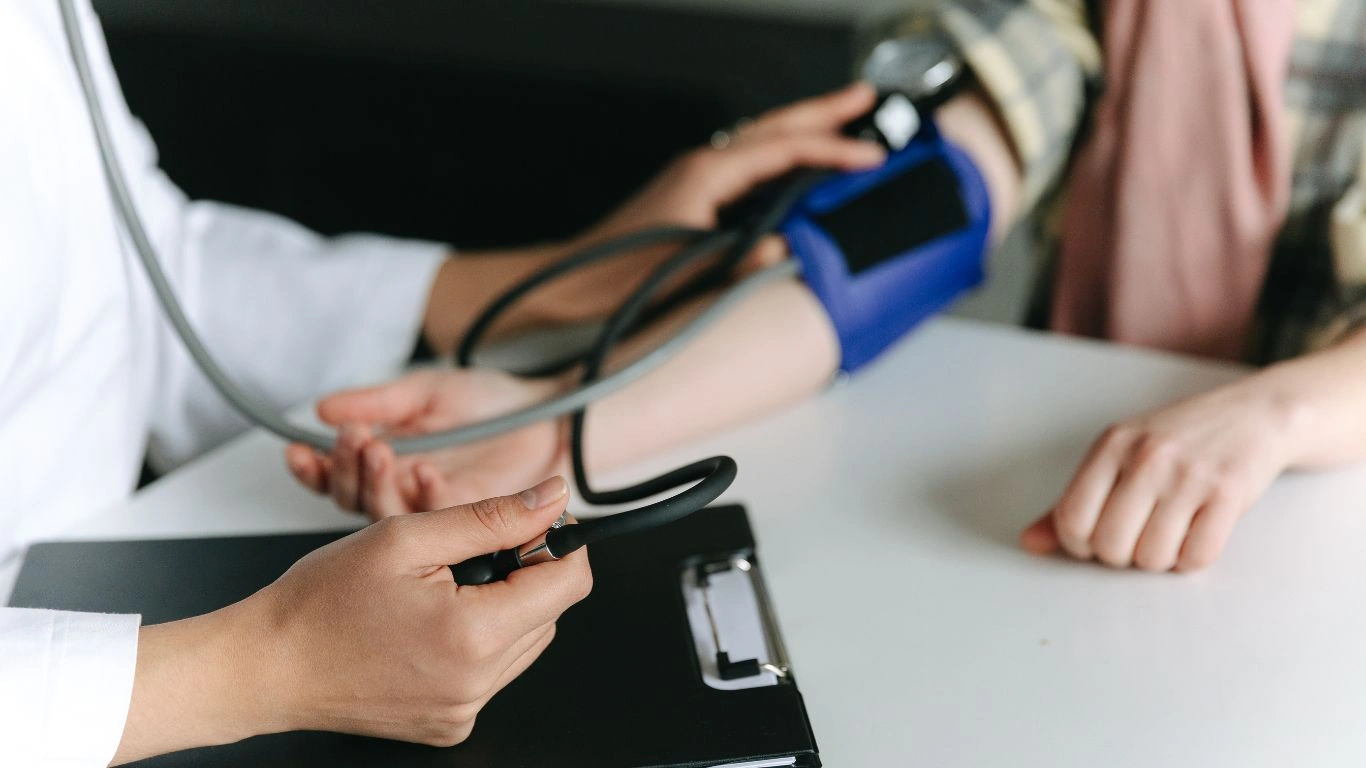
Signs You Might Not Be Drinking Enough
Even if you’re conscious about staying hydrated, it can sometimes be tricky to tell if you’re getting enough water. Here are a few signs that your body might be trying to tell you that you need more hydration:
- Dry mouth and throat: This is one of the first signs that your body needs more fluid.
- Fatigue: Dehydration can leave you feeling sluggish, tired, and mentally foggy.
- Dark urine: If your urine is a deep yellow or amber color, it’s often a sign that your body is conserving water. Light yellow is ideal!
- Dizziness or lightheadedness: This could indicate that your blood volume is low, which often happens when you’re dehydrated.
If you experience any of these signs regularly, it’s a good idea to evaluate your hydration habits and make adjustments. You might need to increase your water intake or look into other methods of staying hydrated that work better for you.

How Hydration Affects Sodium Balance in Hypertension
One of the key factors in managing hypertension is understanding how sodium interacts with water and how your body maintains a balance. Sodium plays a crucial role in regulating your blood pressure, as it affects how much water your body retains. When you consume too much sodium, your body holds onto extra fluid, which increases blood volume and ultimately raises blood pressure. This is especially important for those with hypertension, as their bodies may be more sensitive to fluctuations in sodium levels.
But here’s the thing: hydration can actually help mitigate the negative effects of sodium. When you drink enough water, it helps flush excess sodium from your body through urine, which can prevent your blood pressure from spiking. A proper water-to-sodium ratio is vital, and this balance is something I emphasize with my patients. The key is not to completely cut out salt (as many people with hypertension think they should), but rather to manage how much you consume and maintain steady hydration.
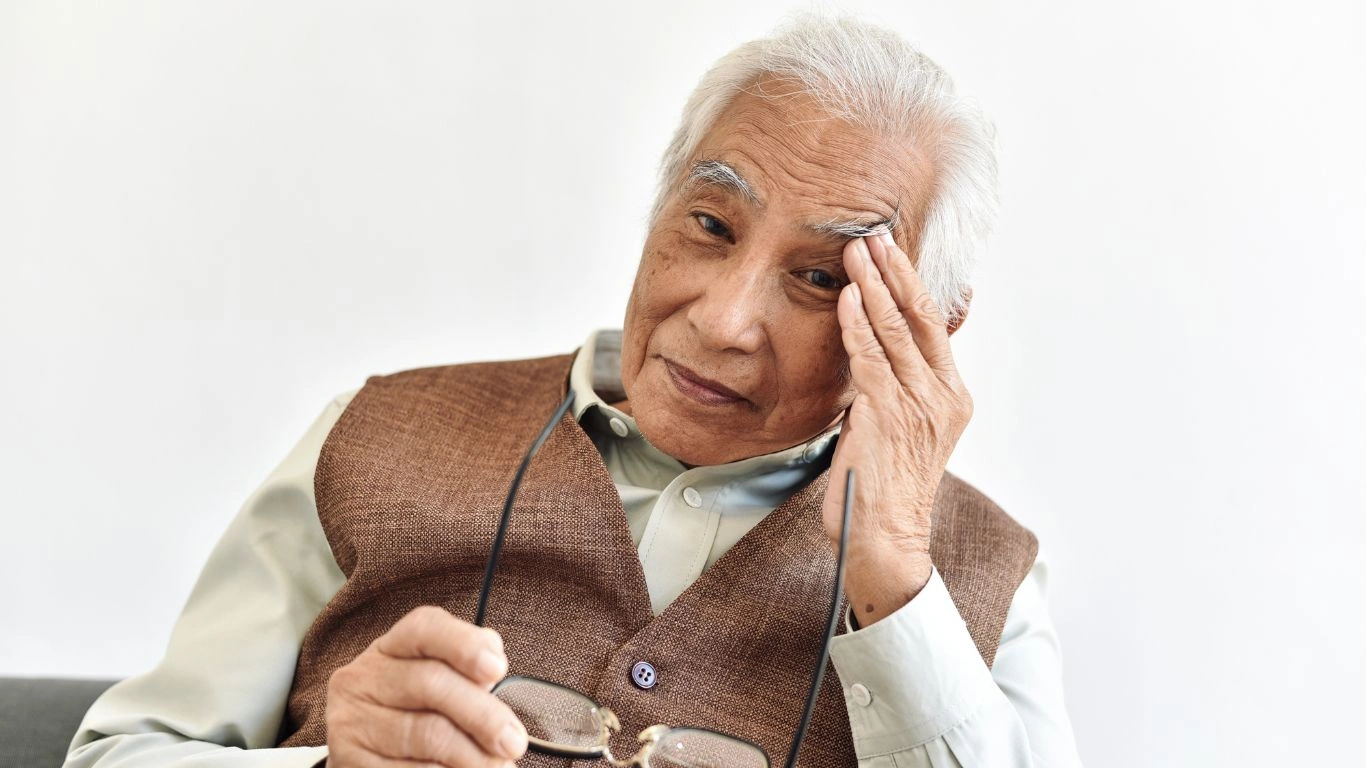
The Role of Potassium in Fluid Balance
In addition to sodium, potassium is another important player in the fluid balance equation. Potassium helps to counteract the negative effects of sodium on your blood pressure by encouraging the excretion of sodium through urine. It also relaxes the walls of your blood vessels, which helps lower blood pressure. This is why foods rich in potassium, like bananas, spinach, and sweet potatoes, are often recommended for people with hypertension.
When it comes to hydration, potassium is also essential. Staying well-hydrated ensures that your kidneys can properly filter potassium and sodium, helping to keep your electrolyte balance in check. It’s all interconnected. In fact, dehydration can lead to an imbalance in potassium and sodium, which can worsen hypertension symptoms. So, when you’re hydrating, think about incorporating potassium-rich foods into your diet too.
Hydration and Your Kidney Function
Your kidneys are crucial for regulating blood pressure—they filter excess sodium, fluids, and waste from your bloodstream. When you’re dehydrated, your kidneys don’t work as efficiently, which can lead to a buildup of these substances, further increasing your blood pressure. In fact, many of my patients who experience chronic high blood pressure also have kidney problems, so I always stress the importance of hydration. It’s not just about drinking water—it’s about giving your kidneys the support they need to do their job properly.
Proper hydration also helps prevent kidney stones, which can form when your urine becomes too concentrated. If you have high blood pressure and you’re not drinking enough water, your kidneys are at risk of being overworked, and over time, this can contribute to further complications. So, keeping your kidneys hydrated isn’t just about blood pressure—it’s about overall kidney health, too.
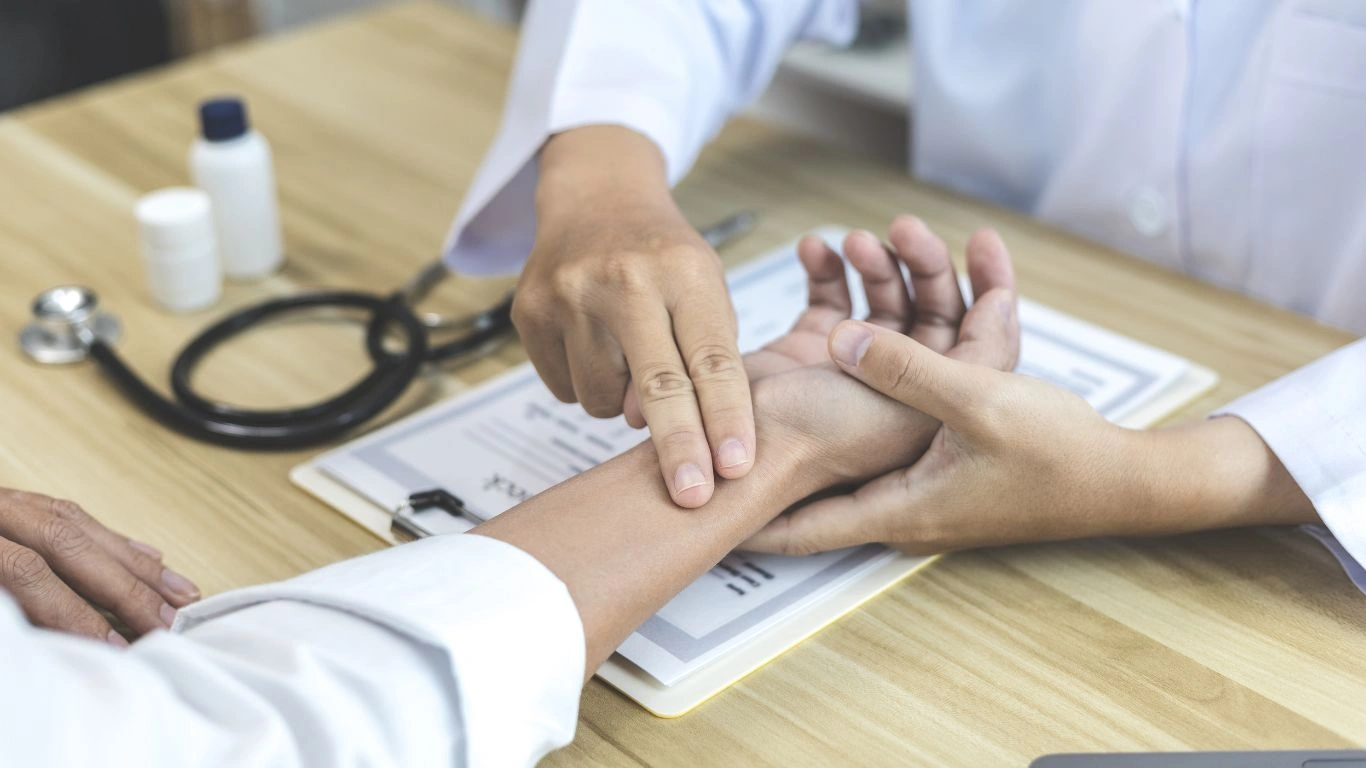
How to Stay Hydrated During Exercise
Exercise is another important aspect of hypertension management. It’s known that regular physical activity helps lower blood pressure by improving blood flow and strengthening your heart. However, when you exercise, you lose fluids through sweat, which means hydration is key to maintaining proper blood pressure levels during and after physical activity.
When you work out, especially in hot and humid conditions, your body loses electrolytes (such as sodium, potassium, and magnesium) through sweat. Replenishing those electrolytes is important for maintaining hydration and proper fluid balance. I always recommend my patients who exercise regularly to consider drinks that contain both water and electrolytes. Of course, this doesn’t mean you should reach for sugary sports drinks; opt for those that are lower in sugar or even natural alternatives like coconut water, which contains potassium and magnesium to support hydration.
Don’t forget to hydrate before, during, and after your workout. I’ve seen so many patients overlook this basic step, which can lead to dizziness or even fainting. It’s important to drink small amounts of water consistently rather than gulping down a large amount at once, which can leave you feeling bloated or uncomfortable.
Signs of Overhydration
While staying hydrated is important, it’s also possible to overdo it. Overhydration, or water intoxication, occurs when you drink excessive amounts of water too quickly, diluting your blood’s sodium levels. This condition can lead to a dangerous drop in sodium, a condition called hyponatremia. It’s important to listen to your body and understand when enough is enough. Here are some signs of overhydration:
- Frequent urination: If you’re peeing more often than usual, it may be a sign that you’re overhydrating.
- Swelling: Swelling in your hands, feet, or face could indicate that your body is retaining excess fluid.
- Headache: A headache or feeling lightheaded can sometimes be a symptom of low sodium levels due to overhydration.
- Nausea and vomiting: These symptoms can also occur in cases of overhydration, signaling that your body has too much fluid and not enough electrolytes.
If you’re experiencing any of these symptoms, it’s time to cut back on your water intake. Like I mentioned earlier, balance is key—stay hydrated, but don’t go overboard.
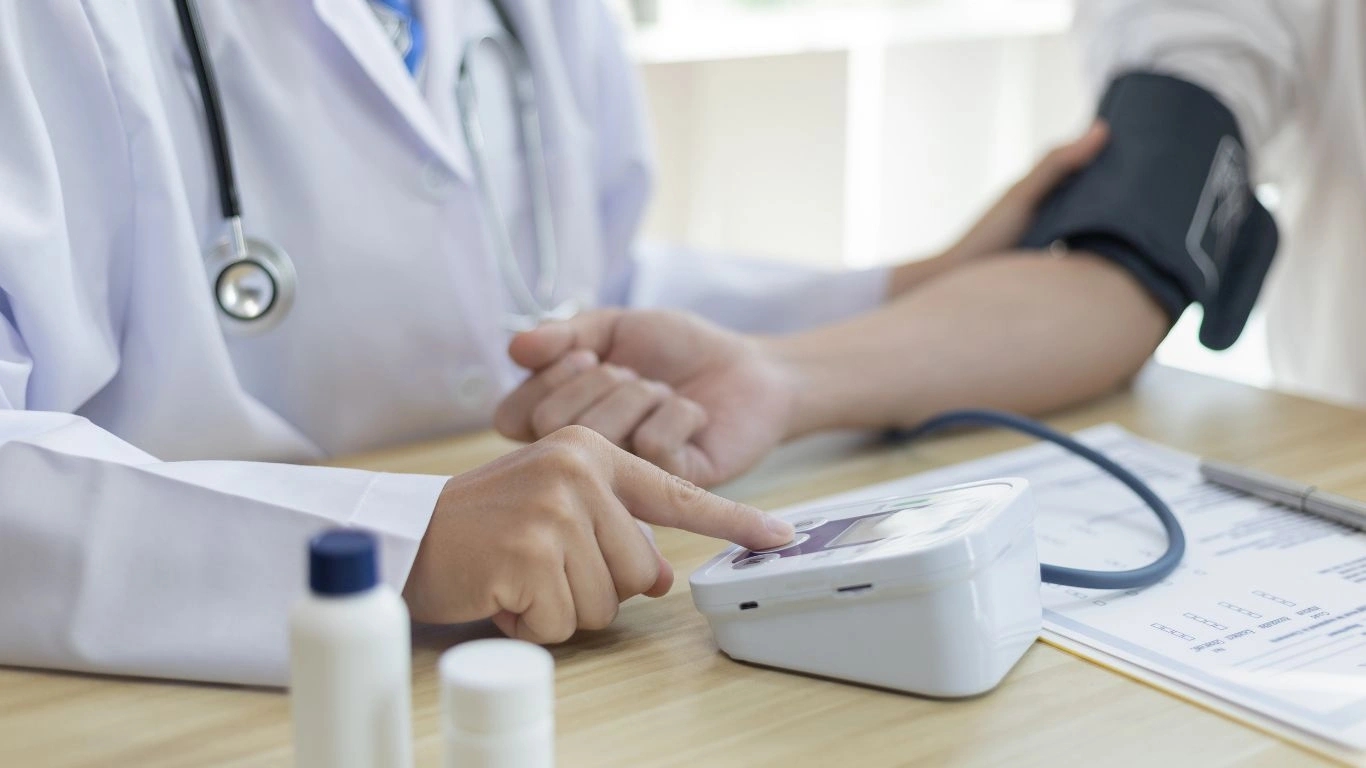
Best Practices for Hydration in Hypertension: My Personal Tips
As someone who’s spent years working with patients managing hypertension, I’ve seen firsthand how important proper hydration can be. However, what I’ve learned through my experience is that the process of staying hydrated with hypertension isn’t one-size-fits-all. It’s all about finding what works best for you and staying mindful of your body’s signals. So, here are some best practices that I recommend to my patients, and that I personally follow to keep my blood pressure in check while staying hydrated.
One thing I’ve always emphasized to my patients is that hydration doesn’t just mean drinking water—it’s about creating a holistic approach. This includes eating water-rich foods, choosing the right beverages, and being mindful of your hydration habits throughout the day. Here’s how you can optimize hydration with hypertension:
1. Start Your Day with Water
Hydrating first thing in the morning is a game-changer. After a long night of sleep, your body is in a mild state of dehydration. Drinking water first thing helps jumpstart your metabolism, kick-starts hydration, and prepares your kidneys for the day ahead. Personally, I make it a point to have a glass of water as soon as I wake up. It helps me feel more energized and sets a positive tone for the day.
Even though it might feel like a small thing, starting your day with water can make a noticeable difference in how you feel throughout the morning. It’s a simple and easy habit to incorporate, and it’s a great way to prevent dehydration before it starts. This small habit goes a long way in keeping your blood pressure stable over time.
2. Choose Hydrating Foods
Hydrating foods are a key part of managing hypertension, especially when you find it hard to drink enough water throughout the day. Foods like cucumbers, tomatoes, watermelon, and oranges are packed with water and help to keep you hydrated. They’re also great sources of nutrients like potassium, which, as we’ve already discussed, can support healthy blood pressure. I always encourage my patients to think beyond just drinking water—eating water-rich foods can also be a powerful tool in hydration.
For example, I love incorporating watermelon into my diet during the warmer months. Not only is it refreshing, but it also provides hydration and helps me stay on track with my blood pressure management. Plus, it’s a delicious snack that’s naturally low in sodium and packed with antioxidants!
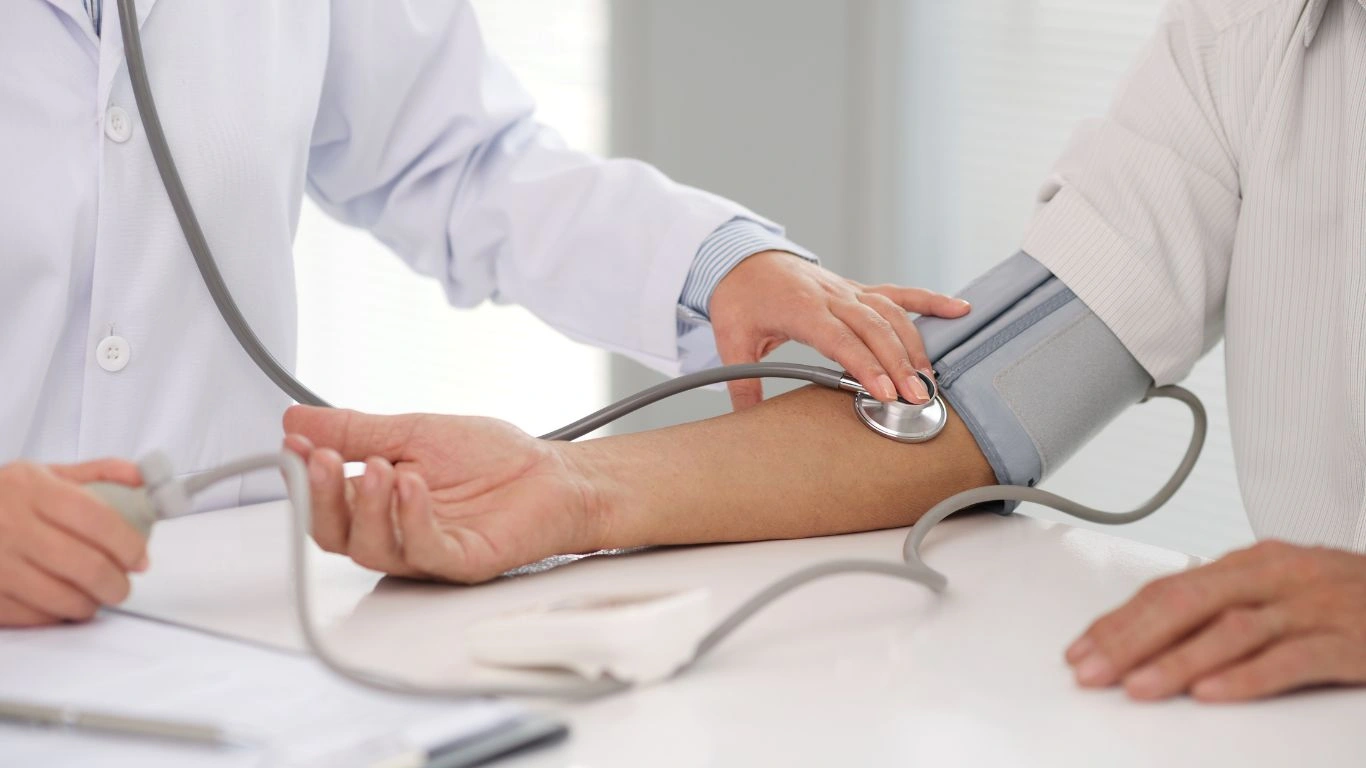
3. Monitor Your Hydration Consistently
Hydration is one of those things that’s easy to overlook—especially when life gets busy. But I can’t stress enough how important it is to stay consistent. Use a water bottle that tracks your intake throughout the day, or set regular reminders on your phone to sip water at regular intervals. These small actions can help you stay on top of your hydration goals without overthinking it.
If you’re having trouble remembering to drink water, there are also hydration apps available that send notifications and even track your fluid intake. The more you can make hydration a habit, the less effort it will take to maintain over time. This is something I’ve seen really work for my patients, and it’s something I personally do to ensure that I stay hydrated without having to think about it too much.
Exercise and Hydration: The Best of Both Worlds
We’ve already touched on the importance of hydration during exercise, but it’s worth reiterating just how critical it is for hypertension management. Physical activity is an important part of controlling blood pressure, but dehydration during exercise can actually counteract all the positive effects of your workout.
When you exercise, your body needs extra fluids to replace what you lose through sweat. A good rule of thumb is to drink water before, during, and after exercise, even if you’re not feeling thirsty. During intense workouts, especially in hot climates, consider a drink that replenishes electrolytes. Sports drinks are one option, but as I’ve mentioned earlier, choose those with minimal sugar or look for alternatives like coconut water that can replenish your body naturally.
For me personally, I’ve found that staying hydrated during my exercise routine prevents that post-workout crash that can sometimes leave me feeling dizzy or fatigued. It helps me maintain my energy levels and supports a steady blood pressure, even after a rigorous workout. If you’re someone who enjoys exercising outdoors, it’s even more important to stay hydrated to avoid overheating and further increasing your blood pressure. So, remember to hydrate wisely, and you’ll get the full benefits of your exercise routine!
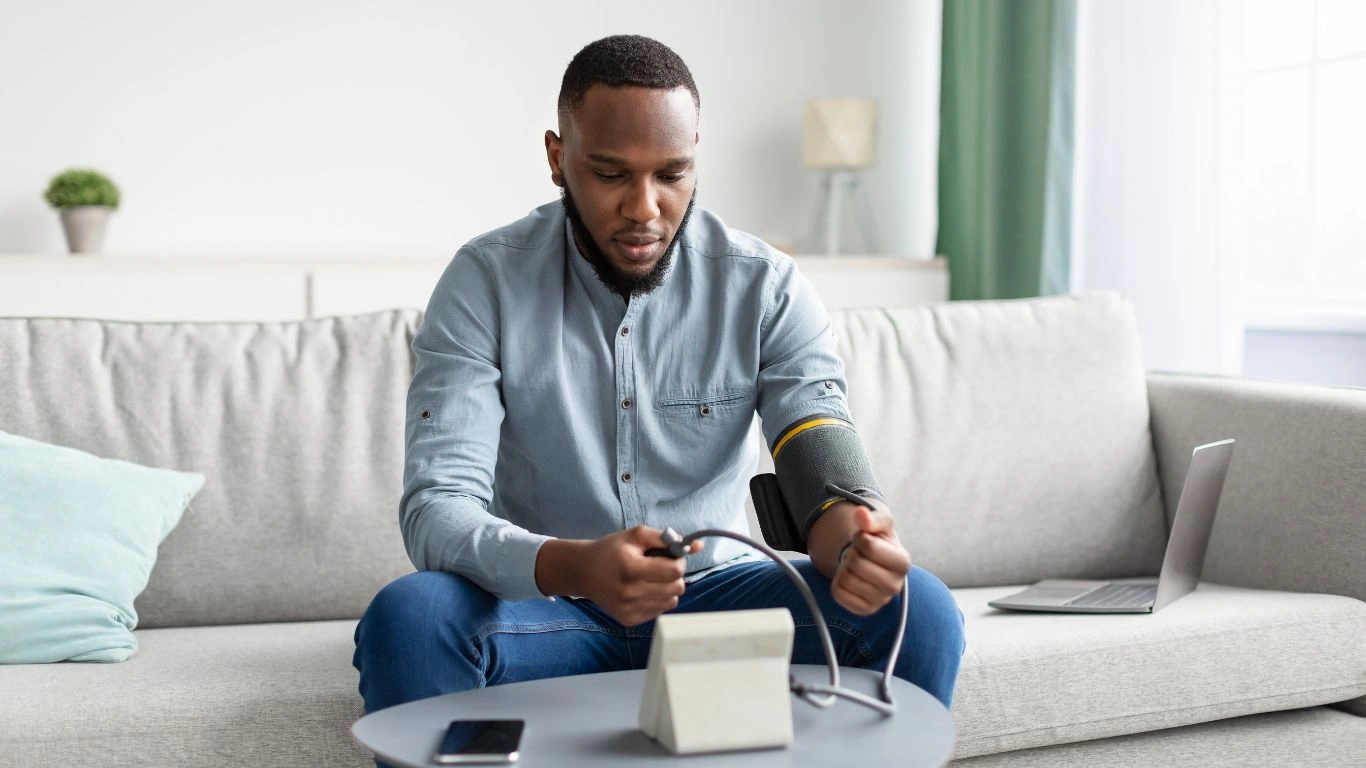
Conclusion: Finding Balance with Hydration
Managing hypertension isn’t just about taking medication or limiting sodium intake—it’s about creating a balanced, holistic approach to your health. Staying hydrated plays a significant role in blood pressure management, but it’s essential to strike the right balance. Too little water can lead to dehydration and higher blood pressure, while too much water can result in low sodium and other complications.
As an Internal Medicine Physician specializing in hypertension, I always encourage my patients to pay attention to their hydration habits and to find a routine that works for their individual needs. Whether that means sipping water regularly, eating water-rich foods, or staying mindful of hydration during exercise, it’s all about consistency and listening to your body’s signals.
By staying hydrated in a healthy and balanced way, you can support your heart health, manage your blood pressure, and feel better overall. Remember, hydration is not a one-time fix, but a long-term commitment to your health and well-being. So, take a deep breath, grab your water bottle, and make hydration a part of your daily routine!
References: Health.com, National Institutes of Health (NIH)
Disclaimer: This article is for informational purposes only and should not be considered as medical advice. Please consult with a healthcare professional before making any changes to your hydration habits, especially if you are managing a condition like hypertension.

Dr. Gwenna Aazee is a board-certified Internal Medicine Physician with a special focus on hypertension management, chronic disease prevention, and patient education. With years of experience in both clinical practice and medical writing, she’s passionate about turning evidence-based medicine into accessible, actionable advice. Through her work at Healthusias.com, Dr. Aazee empowers readers to take charge of their health with confidence and clarity. Off the clock, she enjoys deep dives into nutrition research, long walks with her rescue pup, and simplifying medical jargon one article at a time.

